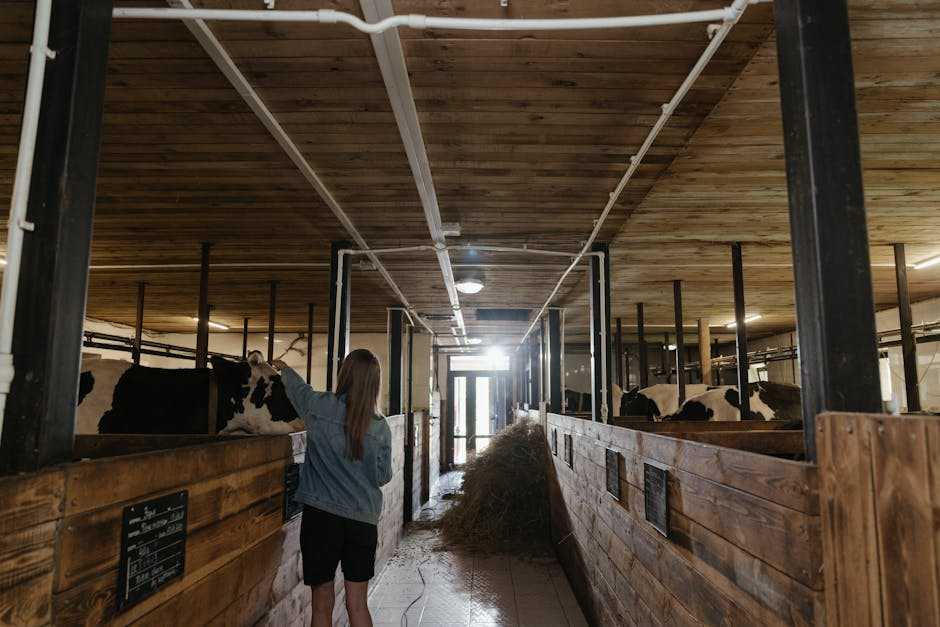The idea of working four days instead of five sounds simple, but it touches something deeper about how people think about time and effort. The 4-Day Workweek Experiment has moved from a small idea to a serious discussion in many workplaces. It challenges the long link between time spent at work and value created. In the same way that people now look for faster tools or habits—using a cricket betting mobile app instead of waiting to place a bet in person—they also look for ways to make work more direct and less wasteful.
Why the Five-Day Week Was Never Set in Stone
The five-day week became common during the industrial period, when machines needed people to operate them on fixed schedules. The system worked because labor was measured in hours, not ideas. Over time, however, work changed. Many jobs today depend on thinking, planning, and collaboration—things that do not always fit neatly into fixed hours.
For decades, technology promised that efficiency would reduce the need for long workdays. Yet instead of shrinking, the week often stayed the same, and sometimes even grew. The 4-day model asks a simple question: if the same results can be reached in less time, why not stop there?
Fewer Days, Sharper Focus
One of the strongest arguments for shorter weeks is the rise in focus. When people have one less day, they tend to plan better. Meetings become shorter. Messages are sent with more purpose. There is less space for idle time. Many workers describe a sharper boundary between deep work and shallow work.
This happens for practical reasons. A tighter schedule makes it clear what matters most. Workers push tasks forward rather than stretching them out. Managers also notice fewer interruptions and a stronger sense of accountability. The focus is not on hours but outcomes.
In some pilot studies, productivity either stayed the same or improved. The pattern is not magic—it is structure. When people know they have limited time, they spend it more wisely.
Motivation and the Value of Rest
Motivation often comes from meaning and energy, not only from rewards. A four-day week gives workers something basic but powerful—rest. The extra day allows them to handle personal matters, spend time with family, or simply do nothing without guilt. That balance can change how they feel about work.
People who return on Monday after a three-day weekend tend to start fresher and with fewer signs of burnout. Their sense of control grows. They know the company trusts them to manage their own time. That trust can do more for morale than a long list of benefits.
Organizations that test shorter weeks often report lower turnover. When workers feel supported, they are less likely to leave, even if their pay is not higher than elsewhere.
How Companies Adjust
A shorter week does not mean every business runs the same way. Some keep 40 hours but spread them across four longer days. Others move to 32 hours. The first option maintains output but can be tiring. The second asks managers to judge success differently—based on what gets done, not how long people are present.
To make this work, some companies redesign meetings or use clearer communication tools. Others rotate teams so clients or customers always find someone available. The experiment works best when both sides are flexible.
Still, the shift raises questions about fairness between roles. In industries like healthcare or logistics, shorter weeks are harder to apply. But even there, small changes—such as better shift planning or more paid leave—can move in the same direction.
The Broader Impact
The 4-day workweek does more than improve schedules. It changes the way people think about success. For a long time, being busy was a symbol of importance. Now, effectiveness and focus matter more.
Outside work, the benefits ripple outward. Extra free time strengthens communities. Parents spend more time with children. People volunteer or learn new skills. When workers return to the office, they bring those broader experiences with them, which can feed creativity.
The psychological side is important too. Many people define themselves through their jobs. A shorter week gives room for other identities to grow. That can reduce stress and help people separate self-worth from constant productivity.
Limitations and Real Tests
Not every company that tries a shorter week keeps it. Some discover that coordination suffers or that clients expect five-day coverage. In those cases, hybrid approaches—like alternating teams or partial remote work—often appear.
The long-term question is whether the model can hold as markets and expectations shift. The early signs suggest it can, if leaders are willing to measure performance in new ways. The 4-day week works when there is trust, clear goals, and a shared understanding that results matter more than attendance.
A Change in How We Think About Work
The 4-Day Workweek Experiment is part of a larger movement toward flexible work. It shows that focus and motivation do not depend on more time but on better use of it. The change does not happen overnight, but each trial adds evidence that the standard workweek can evolve.
In the end, this experiment is less about cutting a day and more about finding a rhythm that fits how people actually work and live today. The question is not whether we can finish our tasks in four days, but whether doing so helps us think, rest, and contribute more effectively in the long run.



